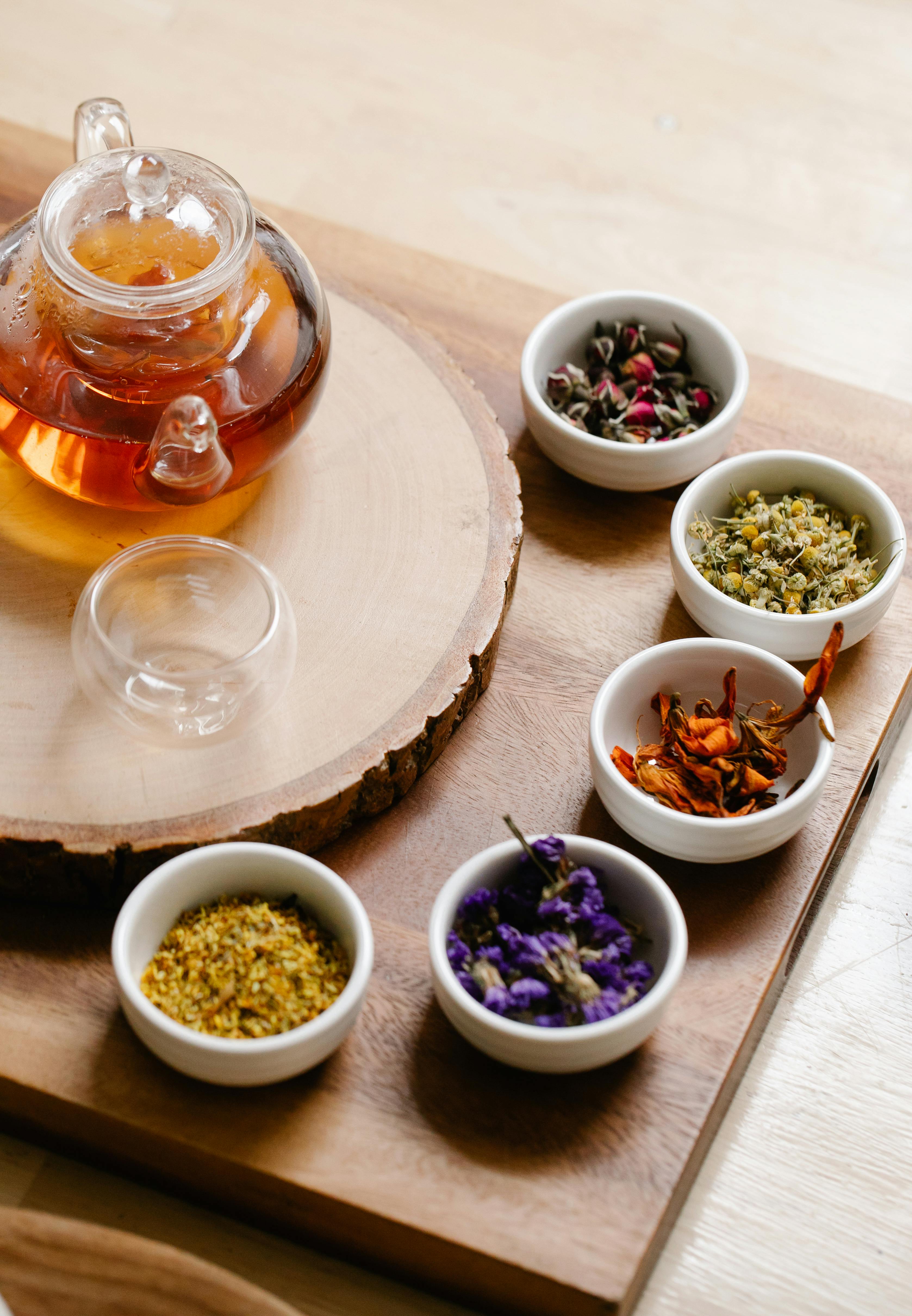In today's world of conscious consumerism, we've become accustomed to looking for organic labels and fair-trade certifications when choosing our teas and coffees. While these markers certainly have their place, there's a deeper, more profound way of understanding and appreciating these beloved beverages - one rooted in Indigenous wisdom and respect for Mother Earth.

Beyond Labels: Recognizing the Spirit of Plants
While important, organic and fair-trade labels only scratch the surface of what it truly means to honour the plants that give us our daily cup of comfort. In many Indigenous cultures, plants are not seen merely as resources to be used but as living entities with their own spirit and purpose.
For instance, in Andean cultures, coca leaves (used in some teas) are considered sacred and are often used in rituals to connect with the spirit world. Similarly, in parts of Africa, coffee ceremonies are deeply spiritual events that honour the plant's life-giving properties. This perspective invites us to look beyond the label and consider the intrinsic value of the plant itself. It's not just about what the plant can do for us but about recognizing its inherent worth and role in the larger ecosystem.
Honouring the Origin Stories
Every plant has a story, and in Indigenous traditions, these stories are sacred. They're not just myths or legends but living narratives that guide how people interact with the natural world.
In many Indigenous cultures, plant origin stories often involve gifts from a Creator or ancestral heroes. These stories serve as reminders of the plants' importance and the responsibility humans have in cultivating and using them respectfully. For example, in some Amazonian cultures, certain plants used in teas are believed to have been gifts from spirit animals, each imparting specific wisdom or healing properties. Understanding and respecting these stories can lead to more mindful and sustainable harvesting practices.
From Seed to Cup: Respecting the Entire Process
In the conventional tea and coffee industry, much focus is placed on the final product. However, Indigenous perspectives teach us to honour every stage of the plant's journey. From the moment a seed is planted through its growth, harvesting, processing, and finally preparation as a beverage, each step is seen as sacred.
Traditional Indigenous practices often involve ceremonies or rituals at various stages of cultivation and harvest, acknowledging the plant's growth and transformation. For instance, some Indigenous coffee growers in Central America perform ceremonies before planting and harvesting, asking the Earth for permission and expressing gratitude for the bounty they're about to receive.

Recognizing the Agency of Land, Water, and Natural Resources
A fundamental aspect of Indigenous worldviews is recognizing that land, water, and all-natural resources have agency and autonomy. They're not passive resources to be exploited but active participants in the life cycle. This perspective leads to farming and harvesting practices that work harmoniously with natural cycles rather than trying to control or dominate them. It means listening to the land, understanding its needs, and responding accordingly.
For example, some Asian tea growers practice agroforestry, integrating tea plants with native forest species. This not only produces high-quality tea but also maintains biodiversity and soil health.
The Human Element: Cultivators as Stewards
In this holistic view, farmers and harvesters are not just producers but stewards of the land and the plants. Their role is to facilitate the growth and transformation of the plants while maintaining balance in the ecosystem. Traditional knowledge passed down through generations plays a crucial role in this stewardship. This knowledge often includes a deep understanding of local ecosystems, weather patterns, and the specific needs of different plants. Many Indigenous cultivators see their work as a partnership with the plants and the land rather than a production process. This perspective fosters practices that are inherently sustainable and respectful.
Consumer Responsibility: A New Paradigm
To truly honour the spirit of the plants that give us our teas and coffees, we can:
- Learn about the origin of our teas and coffees, including the cultures and traditions of the people who grow them.
- Support companies respect traditional cultivation practices.
- Be willing to pay a fair price that reflects the product's actual value, including its cultural and spiritual significance.
- Consume mindfully, treating each cup as a connection to the plant, the land, and the people who cultivated it.
Honouring Mother Earth's Bounty
In our fast-paced world, it's easy to forget that every cup of tea or coffee represents a profound connection to the Earth and ancient traditions of cultivation and respect. By recognizing the agency and autonomy of the plants, the land, and the people who tend them, we can transform our daily ritual into an act of honour and gratitude. Before we reach for that organic label or fair-trade certification, let's also consider the deeper story behind our favourite beverages.
Let's honour the spirit of the leaf and the bean, recognize the wisdom of Indigenous cultivation practices, and acknowledge the bounty of Mother Earth. In doing so, we enrich our experience and contribute to a more sustainable and respectful relationship with the natural world. Every sip can affirm our interconnectedness with all of creation and a step towards a more harmonious way of living on this Earth.



Share:
Why You Should Keep Drinking Tea All Summer Long
A Cozy Cup: Kebaonish Hot Chocolate Recipe